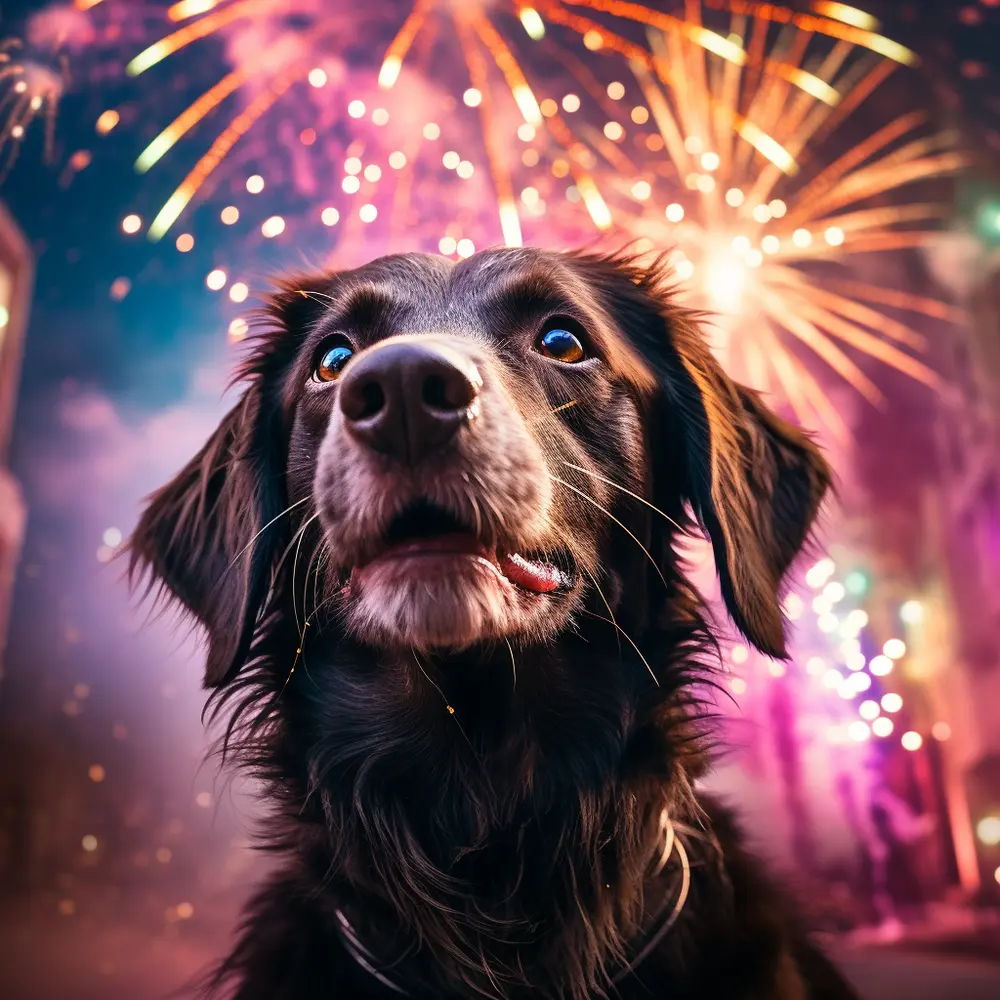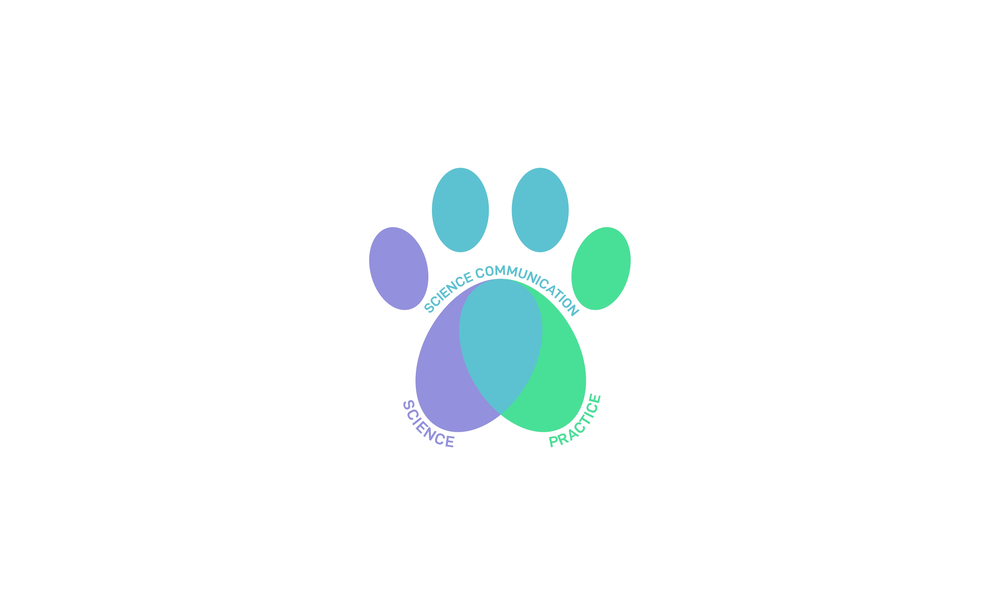Table of Contents:
Understanding Firework Fear in Dogs
Many dog owners witness their pets displaying signs of distress during firework displays. The loud and unexpected sounds can trigger intense fear and anxiety in our canine companions. In fact, research from The Kennel Club in the UK reports an alarming rate of dogs exhibiting anxious behaviour during these events. This widespread issue affects at least 40% of dogs with noise-related phobias. Given that fireworks can produce noise levels of up to 190 decibels, it's understandable why so many dogs react adversely.
Dogs experience the world predominantly through their senses, and their sharp hearing makes them particularly sensitive to the harsh sounds of fireworks. They perceive these unpredictable, loud noises as potential threats, igniting their fight-or-flight response. Furthermore, a lack of early exposure or previous traumatic experiences can exacerbate a dog's firework fear.
Genetics also play a role in a dog's disposition towards noise phobias. Certain breeds, especially herding breeds, may be predisposed to a heightened reaction to the sound of fireworks. After the fireworks have ended, the effects of the stress may linger, and it could take 8-12 hours for a dog's stress levels to return to normal.
Being aware of these factors is crucial for dog owners. It enables them to recognise the signs of firework fear and provides a foundation for proactive planning to support their dogs during these challenging events. Recognising the importance of providing comfort and calm to our four-legged friends reflects responsible and nurturing pet guardianship.
The Signs of Firework Fear in Canines
Recognising the signs of firework fear in dogs is the first step in helping them cope with their fear. A dog's reaction to the loud noises of fireworks can range from mild discomfort to severe panic. It's essential to observe your dog closely and identify any changes in their behaviour.
Dogs may exhibit several indications of anxiety which can include:
- Pacing or restlessness: Unable to settle, walking around the house incessantly.
- Whining or barking: Vocalising more than usual or out of character.
- Hiding: Seeking refuge under furniture or in small spaces.
- Trembling: Shaking or shivering that is not related to the temperature.
- Panting: Heavy breathing even though they haven't been physically active.
- Drooling: Excessive salivation that is not due to food.
- Attempts to escape: Desperately trying to run away or hide.
- Refusing to eat: Ignoring food that they would typically consume eagerly.
These signs may not only be distressing for the dog but can also be concerning for dog owners. It is important not to punish your dog for showing fear, as this can increase their stress levels. Instead, offering support and comfort during these times can help alleviate their fear. By identifying these symptoms early, owners can more effectively implement strategies to diminish their dog's firework fear.
Preparation is Key: Getting Ready Before Firework Events
Proper preparation can significantly lessen a dog's anxiety during firework events. As a responsible pet owner, anticipating firework seasons and planning ahead is vital. There are several steps you can take to prepare your dog, making the experience as stress-free as possible for them.
Here are some tips to help you and your dog before a firework event:
- Update Identification: Ensure your dog's microchip and ID tags are up-to-date, in case they manage to escape in a panic.
- Exercise: A long walk or play session before the event can help tire your dog out, making them more likely to rest during the fireworks. However, make sure you at best go out several hours before the fireworks are expected to start so that are unlikely. In addition, make sure you always keep your dog on a lead during the firework season so that she or he is secured and cannot run away in panic.
- Meal Time: Feed your dog before the fireworks start, as they may not want to eat once the noise begins.
- Comfort Measures: Introduce calming aids such as pheromone diffusers, anxiety wraps, or soothing music well in advance, so they are not a new stimulus.
- Home Preparations: Close windows and curtains to muffle the sound and block out flashing lights. Set up a comfortable den where your dog can feel secure.
- Familiar Routines: Maintain normal routines as much as possible to avoid adding uncertainty to your dog's stress levels.
Each dog is unique, so it's essential to consider what makes your pet feel safe and adjust your preparations accordingly. Mental stimulation, like treat toys or puzzle feeders, can also serve as a distraction during the event. Your thoughtfulness in preparing for fireworks will help your dog feel more relaxed and secure during these noisy celebrations.
Creating a Safe Space for Your Dog
With the knowledge that noise aversion is a serious condition affecting at least a third of all dogs, creating a safe space for your dog becomes a critical component of managing firework fear. The goal is to provide a sanctuary that can significantly reduce the stress caused by the loud and frightening sounds of fireworks.
A safe space should be a familiar, secluded part of your home where your dog can retreat to. This area should offer comfort and minimise exposure to the frightening stimuli:
- Choose the Right Location: Find a quiet corner or a room that's typically calm and can be easily darkened to create a sense of security.
- Comfort Items: Include your dog's favourite bedding, toys, and even some articles of your clothing that carry your scent to provide reassurance.
- Control the Environment: Use sound-proofing materials or white noise machines to drown out the sounds of the fireworks. Close doors and windows to buffer outside noise.
- Practice Makes Perfect: Encourage your dog to use this space prior to firework events by spending time together there and rewarding calm behaviour.
While creating a safe space is a practical step, it's vital not to overlook the possibility of symptoms like destructive behaviour, which can include chewing furniture or scratching floors. Recognising these symptoms and responding swiftly with a combination of medications, behaviour modification, and environmental adjustments can prevent the worsening of your dog's condition. It is always advisable not to delay seeking professional help if your dog exhibits signs of severe anxiety, such as heart pounding or self-harm.
Desensitisation and Counterconditioning: Long-Term Solutions
While immediate comfort measures are essential, long-term strategies like desensitisation and counterconditioning can have enduring benefits. These methods aim to gradually reduce your dog's firework fear by altering their emotional response to fireworks.
Desensitisation involves exposing your dog to the sounds of fireworks at a low volume that does not provoke an anxious response, and slowly increasing the volume over time as your dog tolerates it better. This process can take weeks or months but can result in reduced sensitivity to the noise.
Counterconditioning is used alongside desensitisation. It involves pairing the low-level firework noise with something positive, such as treats or playtime, to create a new, more positive association with the sound.
- Start Early: Begin the process well before fireworks season to ensure adequate time for conditioning.
- Consistency is Key: Regular, consistent sessions will help your dog adapt more quickly.
- Use Professional Resources: Utilise professionally created audio tracks of firework sounds designed for desensitisation purposes.
- Maintain a Positive Atmosphere: Keep sessions upbeat and avoid reinforcing fearful behaviour.
- Monitor Reactions: Carefully observe your dog's reactions and back off if they show signs of distress.
It's important to work at your dog's pace and not rush the process. If needed, seek guidance from a certified animal behaviourist who can tailor the desensitisation and counterconditioning program specifically to your dog's needs. With patience and perseverance, these methods can significantly improve your dog’s quality of life during firework events and beyond.
Calming Techniques During Firework Displays
To support dogs through the stress of firework displays, calming techniques can be employed. These are practical actions that can help soothe and distract your dog during the peak of the firework fear.
Here are some calming techniques to consider:
- Stay Calm Yourself: Dogs are adept at reading their owner's emotions. Displaying a calm demeanour can reassure your dog.
- Distracting Activities: Engage your dog in their favourite game or give them a puzzle toy to shift their focus away from the noise.
- Calming Touch: Gentle petting or massage can comfort your dog. Be responsive to their preference for more or less contact.
- Calming Scents: Products with soothing scents, such as dog-appeasing pheromones, can have a tranquilising effect on some dogs.
- Background Noise: Soft music or television can help mask the sound of fireworks. There are specific audio tracks designed to calm dogs.
Remember, every dog is an individual, and what works for one may not work for another. It might take some time to find the right combination of techniques that work for your pet. In some cases, where the firework fear is severe, it may be necessary to discuss with a veterinarian the use of anti-anxiety medications or sedatives as part of the management strategy.
Above all, never force a dog to confront their fears, as this can lead to worsening anxiety. Respecting your dog's limits and providing gentle support is paramount during these times.
Professional Help: When to Consult a Veterinarian or Behaviourist
If your attempts to ease your dog's firework fear have not been successful, it might be time to seek professional help. Veterinarians and certified animal behaviourists can offer expert advice and tailor a treatment plan specific to your dog's needs.
Consider consulting a professional if your dog exhibits:
- Extreme Fear: Signs of panic, such as uncontrollable shaking or destructive behaviour.
- Persistent Fear: Continuous anxiety that does not subside long after fireworks have ended.
- Physical Health Concerns: Issues like vomiting, diarrhoea, or other symptoms of distress caused by the anxiety.
- Behaviour Changes: If the fear begins to affect your dog's daily life, such as reluctance to go outside.
A veterinarian may recommend medications to help manage your dog's anxiety. These can range from fast-acting anti-anxiety drugs to daily medication for more chronic cases. It's vital to remember that medication should be part of a comprehensive approach that includes behaviour modification.
Working with a behaviourist can be especially beneficial. They can assess your dog's individual needs and develop a behaviour modification plan. This might involve techniques such as:
- Positive Reinforcement: Reward-based training to encourage calm behaviour.
- Controlled Exposure: Gradually introducing the stimuli in a controlled environment.
- Cognitive Therapy: Mental exercises and games to build confidence and reduce anxiety.
Remember, seeking help is not a sign of failure; it's about finding the best way to support your dog's well-being. By taking this step, you can improve your dog's quality of life and make firework events less traumatic for both of you.
After the Bang: Post-Firework Care and Comfort
Once the firework display has ended, your dog may still feel the effects of the fear induced. Providing post-firework care and comfort is essential to help them recover from the stress and return to their normal state of mind.
Post-firework strategies to consider include:
- Maintain Calm: Continue to exhibit a tranquil presence to help reassure your dog that the alarming event has passed.
- Post-Event Walk: Engage in a peaceful walk to help mitigate any residual stress. Make sure the environment is quiet and the fireworks have fully ceased before venturing outside.
- Check the Environment: Survey the area for any firework debris before allowing your dog to re-enter outdoor spaces, ensuring their safety.
- Gradual Return to Routine: Slowly reintroduce your dog to their regular routines. It’s important not to rush this process, as some dogs may need more time to adjust.
- Observe Behaviour: Monitor your dog for any lingering signs of anxiety or changes in behaviour that may indicate a need for further support or professional help.
Providing a peaceful, supportive atmosphere after the event can aid significantly in your dog's emotional recovery. It's a chance to bond and to strengthen the trust between you and your dog. By offering comfort and returning to normalcy, you reaffirm a sense of security for your dog, helping them understand that they can feel safe once again.
Frequently Asked Questions About Firework Fear in Dogs
Firework fear in dogs is a common concern among pet owners. Many seek guidance on how to best support their pets during these stressful times. Here are answers to some frequently asked questions on the topic.
- How can I tell if my dog has firework fear?
Look for signs such as hiding, shaking, vocalising excessively, or trying to escape. These behaviours can indicate that your dog is experiencing fear or anxiety triggered by firework noises.
- Can I train my dog to not be scared of fireworks?
While it may not be possible to completely eliminate your dog's fear, sound training through desensitisation can help reduce their anxiety. Playing firework sounds at a low volume and gradually increasing it, while rewarding your dog with treats, can make the real event less frightening.
- Are there any products that can help my dog during fireworks?
Yes, products such as anxiety wraps or pressure vests like the ThunderShirt® might help some dogs feel more secure. Additionally, using white noise, calm music, or pheromone products could provide comfort. Treat-stuffed toys like a KONG® can also keep them occupied during fireworks.
- Should I take my dog for a walk during fireworks?
It’s best to avoid walks during fireworks to prevent added stress or the risk of them running away in fear. Instead, exercise your dog well before the event to tire them out. Plan their meals and potty times for before it gets dark when fireworks are less likely to occur.
- What should I do if my dog's fear of fireworks is extreme?
Consult a professional if your dog's fear response is intense or long-lasting. Trainers and veterinary behaviourists can work on behaviour modification, veterinarians can also prescribe medications to help manage anxiety.
Understanding your dog's needs and preparing for events like fireworks can make a significant difference in your dog's comfort and well-being. Do not hesitate to seek professional advice for severe cases to ensure a proper care plan is in place.
Conclusion: Fostering a Fear-Free Future for Your Furry Friend
Coping with firework fear is a challenge that many dog owners face. While fireworks are often an inevitable part of certain celebrations, ensuring that our dogs feel as comfortable as possible should be a top priority. Through the application of practical preparations, creating a safe space, using calming techniques, and, when necessary, seeking professional help, we can make significant strides towards a fear-free experience for our pets.
Above all, it's important to remember that each dog is an individual with their own needs and thresholds. What works for one might not work for another, and patience is key. The path to managing firework fear is a journey of understanding, compassion, and commitment to the well-being of our beloved dogs.
As we work towards creating a more comforting environment for our dogs during fireworks, we not only enhance their quality of life but also strengthen the bond we share with them. A fear-free future is not just a possibility but a goal that, with time, dedication, and the right approach, is entirely achievable.








